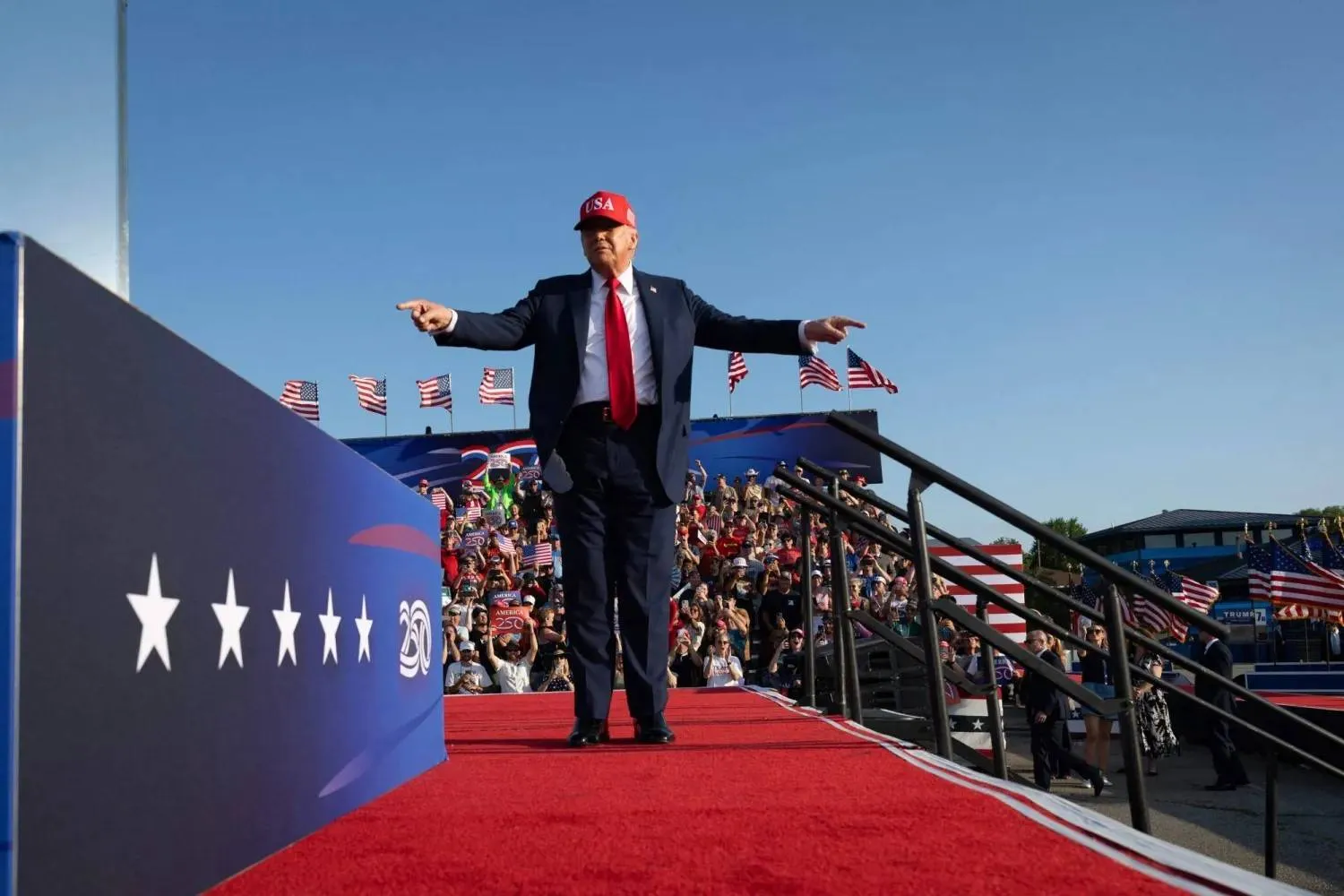US President Donald Trump signed his flagship tax and spending bill into law Friday, capping a grandiose White House Independence Day ceremony featuring a stealth B-2 bombers fly-by.
A day earlier, Trump had pushed Republican lawmakers to get his “One Big Beautiful Bill” through Congress in time for him to sign it into law on the US national holiday.
The President therefore meld a victory lap over the bill -- which cements his radical second term agenda -- with a grand party at the White House marking 249 years of independence from Britain.
“We are going to have a Signing Celebration at the White House tomorrow, at 4 P.M. EST. All Congressmen/women and Senators are invited. Together, we will celebrate our Nation’s Independence, and the beginning of our new Golden Age,” Trump wrote in his post on his social media platform Truth Social prior to the 4th of July celebration.
The passage of the bill is one of Trump’s latest achievements and a “legislative victory” that strengthens the President’s iron grip on his own party and on US politics in general.
“There could be no better birthday present for America than the phenomenal victory we achieved just hours ago when Congress passed the one big, beautiful bill to make America great again,” Trump told a crowd of supporters in Iowa on Thursday night.
But the Republican president glossed over deep concerns from his own party and voters that it will balloon the national debt, and gut health and welfare support.
On Friday, Trump scheduled the ceremony on the South Lawn of the White House for the July 4 Independence Day holiday, replete with a flyover by stealth bombers and fighter jets like those that took part in the recent US strikes on nuclear facilities in Iran.
Hundreds of Trump supporters attended, including White House aides, members of Congress, and military families.
Trump had forced through the bill despite deep misgivings in the Republican Party -- and the vocal opposition of his billionaire former ally, Elon Musk.
It squeezed past a final vote in the House of Representatives 218-214 after Republican Speaker Mike Johnson worked through the night to corral the final group of dissenters.
The sprawling mega-bill honors many of Trump's campaign promises: boosting military spending, funding a mass migrant deportation drive and committing $4.5 trillion to extend his first-term tax relief.
At the same time it will shrink the federal food assistance program and force through the largest cuts to the Medicaid health insurance scheme for low-income Americans since its 1960s launch.
Up to 17 million people could lose their insurance coverage under the bill, according to some estimates. Scores of rural hospitals are expected to close as a result.
Democrats hope public opposition to the bill will help them flip the House in the 2026 midterm election, pointing to data showing that it represents a huge redistribution of wealth from the poorest Americans to the richest.









